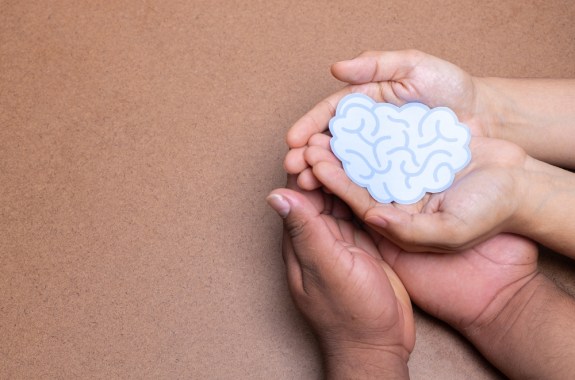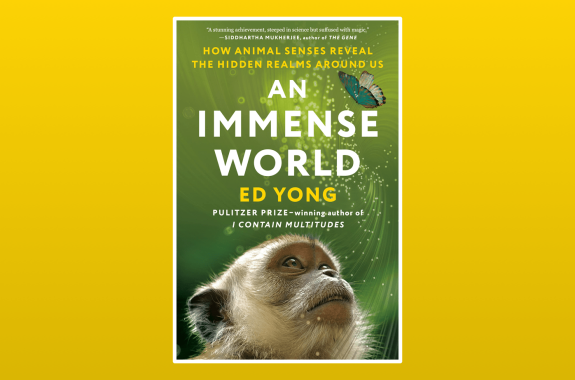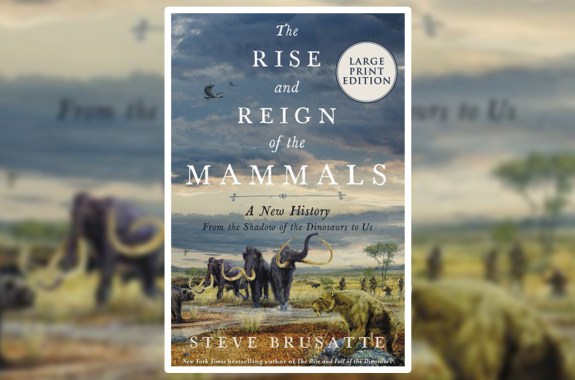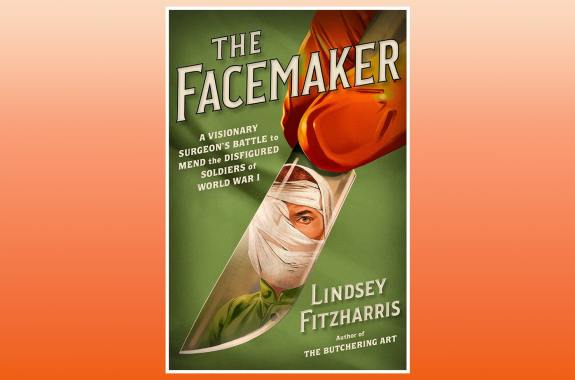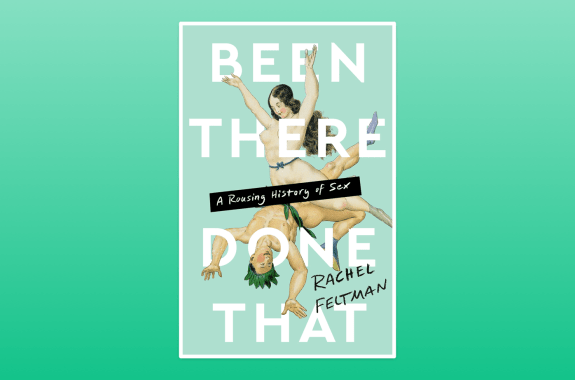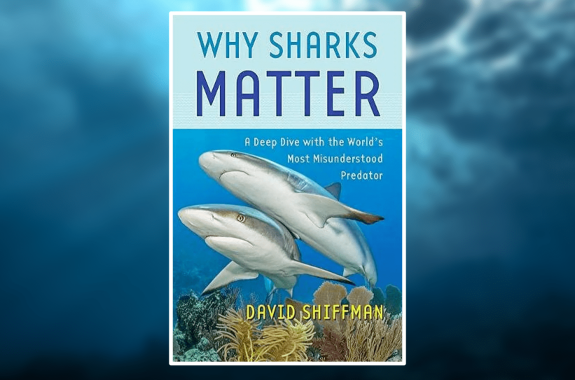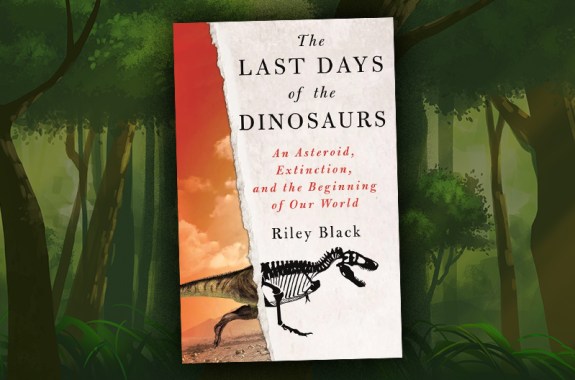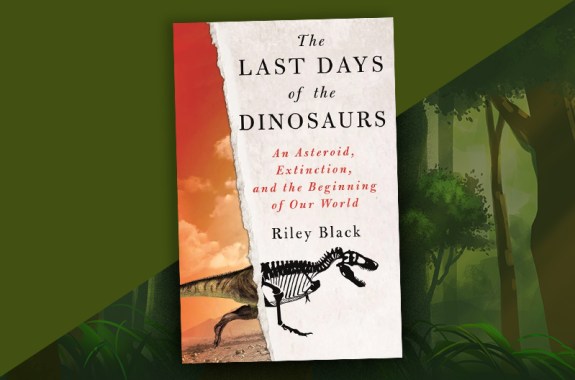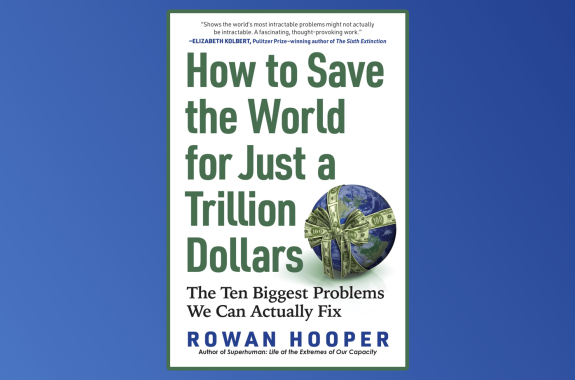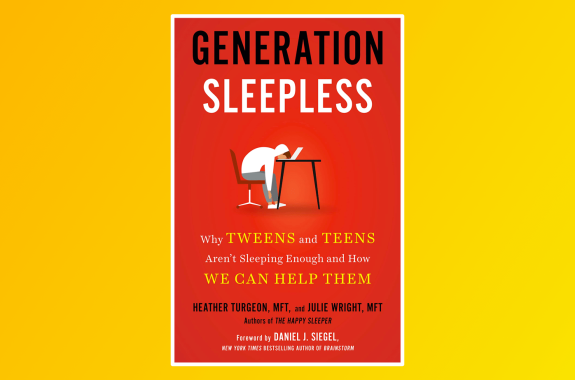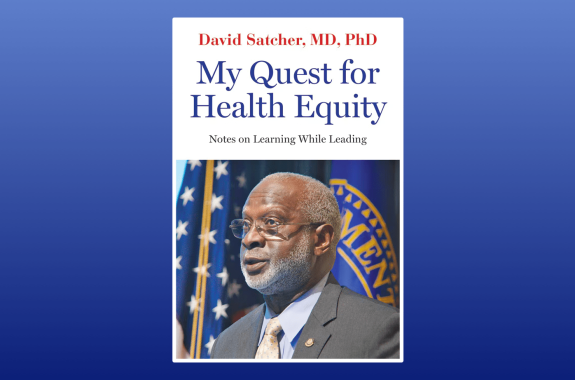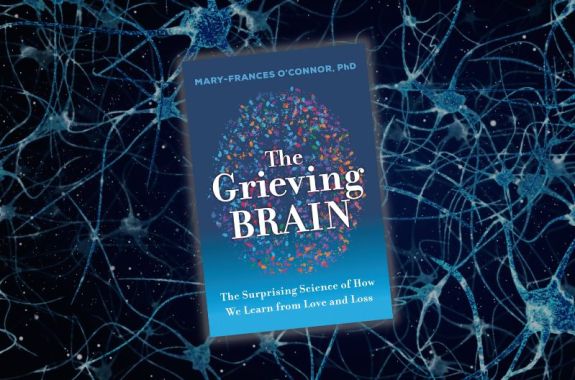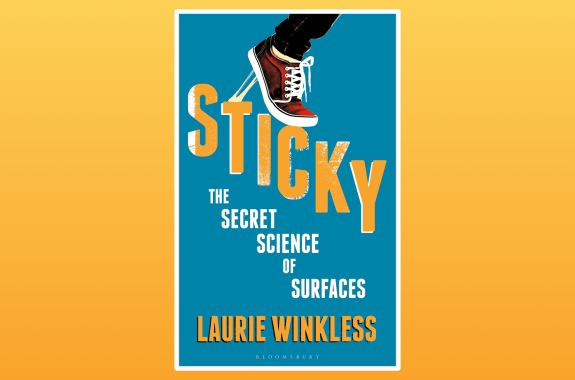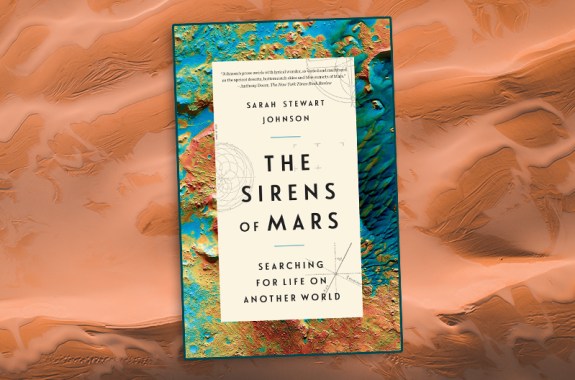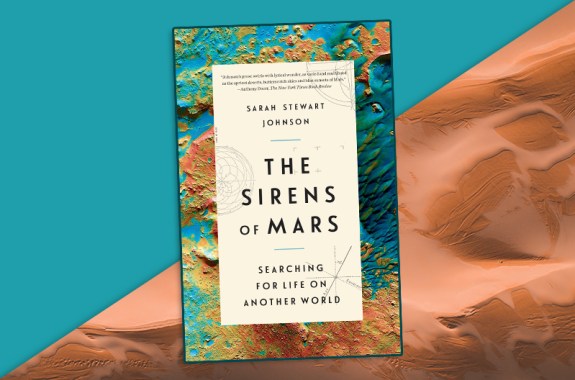Articles
Science Friday is your trusted source for news and entertaining stories about science.
Recruiting New Brain Donors For Science
A live Q&A and radio broadcast inspired over 1,000 listeners to pledge their brains to scientific research. Future brain donors share their motivations and questions about brain donation.
How Science Came To See Ultraviolet Light In Animals
Ultraviolet perception is incredibly common in animals—just not in humans. Ed Yong dives into the history of how scientists saw the light.
How Mammals Came to Dominate The World
From reptile-like ancestors to humans, the new book The Rise and Reign of the Mammals tackles the diversity of mammals like us.
World War I’s Operation Face Lift
Medical historian and author Lindsey Fitzharris explores the history of facial reconstruction surgery, starting with a ballerina’s rump.
Sign Up For Our “Cephalopod Of The Day” Newsletter!
Want a fresh squiddy story in your inbox every day for Cephalopod Week? Sign up here!
How Sexual Intercourse Was Invented, 385 Million Years Ago
Okay, but how exactly did sex come about? Science journalist Rachel Feltman dives into the saucy science of doing it.
Breaking The Mold Of What A Scientist Looks Like
When Dr. Danielle N. Lee’s dream to become a veterinarian didn’t work out, she learned there were other ways to work with animals in science.
How Sharks’ Amazing Seven Senses Actually Work
Sharks can’t actually smell blood from a mile away. But they do have two more senses than humans, and their sense of detection is legendary.
Read ‘The Last Days Of The Dinosaurs’ With The SciFri Book Club
Riley Black writes about the days, years, and centuries after disaster strikes in ‘The Last Days of the Dinosaurs.’ Read it with us this May.
The Single Worst Day In The Entire History Of Life On Earth
The day the infamous asteroid struck Earth might have been worst than you could imagine. Riley Black writes about that fateful day.
Love Letters To The Earth
We asked you what you love and appreciate about our home. Here are photos, reflections, poems, and songs you sent back.
An Indigenous Scientist On Purging Colonialist Practices From Science
Western science is built upon harmful research practices in Indigenous communities. Jessica Hernandez writes about how this can change.
Why Exactly Should We Go Back To The Moon—And Onto Mars?
How should we square pro-space arguments from tech CEOs with the history of imperialism and underinvestment in social equity programs?
Teenagers Need More Sleep—And They’re Not Getting It
Getting enough sleep is vital for healthy brain development for teens. But outside societal factors prevent this from happening.
Saying Goodbye To Science Diction
It’s been wonderful to have you sharing in our Science Diction fun for the last two years. But, all good things must come to an end.
What Would American Healthcare Look Like If It Were More Equitable?
Former Surgeon General David Satcher writes about his efforts to eliminate healthcare disparities in the U.S.
How The Brain Rewires Itself After Losing A Loved One
Neuroscientist Mary-Frances O’Connor explores what happens in the brain when you experience grief and why it’s a struggle to accept loss.
What Makes Something Slippery Or Sticky?
Physicist Laurie Winkless dives into the realm of surface science to figure out how its shaped our manufactured and natural worlds.
Read ‘The Sirens Of Mars’ With The SciFri Book Club
Sarah Stewart Johnson explores humanity’s fascination with the Red Planet in ‘The Sirens of Mars.’ We’ll read it together this spring.
The Importance Of Gathering Samples From Mars Before Humans Arrive
Scientist Sarah Stewart Johnson makes the case for why we should do as much science as we can on Mars—before humans step foot on the planet.
